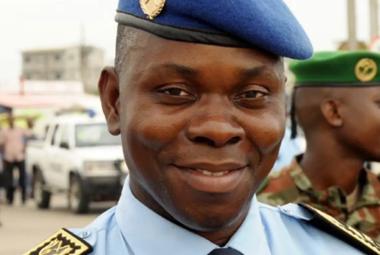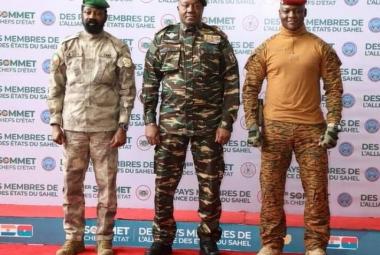Unlike France's withdrawal from Mali, the German Army (the Bundeswehr) planned to withdraw from the country and redeploy to Niger in concert with the Malian authorities. Which promised to ensure that everything goes normally. But to believe some information, the locals who worked with the Bundeswehr are now a target for the Jihadists who blame them for their cooperation.
It is mainly the Bundeswehr translators who seem to be targeted by the Islamists on the grounds that they have cooperated with the foreign enemy. If the concerns were already palpable among this group of local Bundeswehr workers, especially after the Americans' experience in Afghanistan, a spine-chilling video heightened the fears.
Indeed, this video which circulated on the net suggests that a young Malian who worked for the German Army was executed by the Jihadists. In Germany, it clearly did not leave people indifferent. Especially since local workers accredited the kidnapping of colleague Kevin between Gao and Asongo last July. In the language of the Islamists, the Malian laborers worked and collaborated with “crusaders” and for that they deserve to be punished.
Fearing for their lives after the departure of the German Army from Mali, the Malian translators of the Bundesweh had written an open letter in which they said: "We know that Germany has given its word to do everything so that events of Afghanistan do not reproduce". Before the broadcast of this video, the German authorities of the Ministry of Defense did not consider the alert very serious in Berlin. With recent developments, the discourse has evolved very quickly on the issue. Also, Sara Nanni, officiating as responsible for defense issues in Parliament for the Greens and also a member of the Commission of Inquiry into the departure of German forces from Afghanistan, expressed the wish that measures appropriate measures be taken accordingly: “I believe that the ministry must correct its position. I think we need to take what happened really seriously. We can't leave them like this. People helped us and we have a shared responsibility for their safety, not only today, but also in the future".
It now remains to find the best solution to this problem. It is not a question of facilitating their arrival in Europe if their social integration will pose more problems for them than staying in Mali or elsewhere in West Africa. As some of them already wondered in these terms:
“For us the departure of German troops in Mali, we actually fear it because their departure is synonymous with a lack of work for us, while we will have difficulty feeding our families, our children. […] Leave with German troops in their country? I want to, but is there a possibility? Can we all leave? Or is there another plan? I don't know. Because we language assistants, I don't think we can carry out the same activity there. Our job was to translate the national languages into English for them. So, will our presence be useful for them there? I am not sure ".
By Daniel Yaoni




















